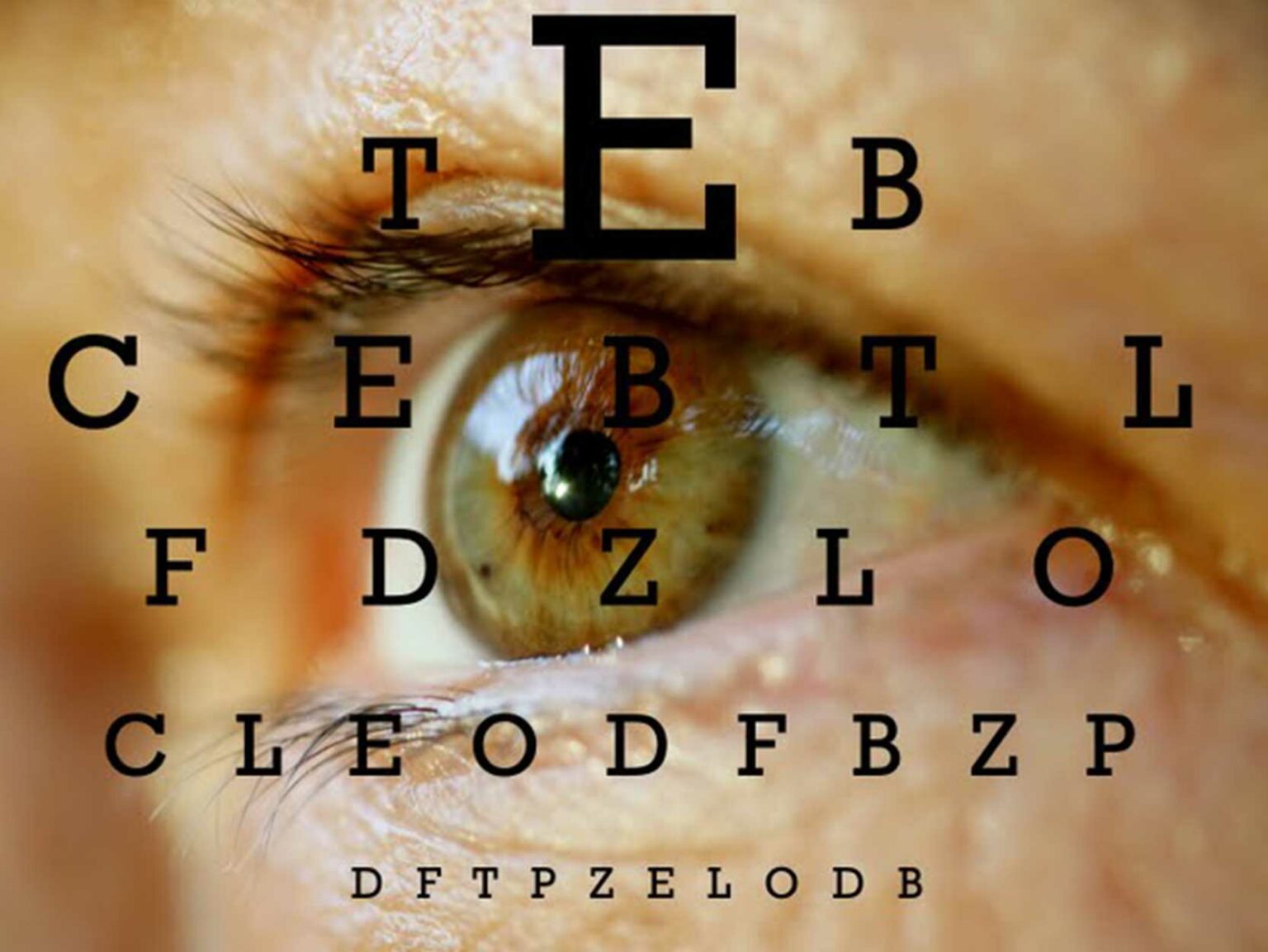August is Cataract awareness month.
Published August 13, 2011 by Jody Guerrieri, RN. in Alzheimer's /Dementia, Senior Health & Wellness

It is important for everyone to know the signs and symptoms of cataracts. It is important to see your eye doctor on a regular basis for ensuring overall eye health, but how do you know if you should make a special trip to have a discussion about the possibility of having cataracts?
A cataract is a clouding of the lens in the eye that can affect your vision. The lens of the eye what sends both light and images to the retina. The retina is the light-sensitive tissue at the back of the eye. A cataract can occur in either one eye or both. Cataracts are non-contagious and cannot spread to another person, or among your own eyes.
Although anyone can be diagnosed with cataracts at any age, cataracts are most common among the elderly. Cataract development is linked with many of the natural aging processes of our bodies. By the age of 80, half of all senior Americans have had at least one cataract. Many have had surgery to correct this, but sadly, many choose to simply live with their cataracts for monetary reasons.
Although age-related cataracts can develop in two ways, most develop because of protein changes in the aging eye. The eye lens consists mostly of water and protein. When this protein begins to clump with age, it can impede in the transmission of the correct images and light to the retina. These clumps of protein can also reduce the sharpness of this image. The can become severe enough lead to extremely blurry vision.
The most common symptoms indicating the development of a cataract or cataracts include cloudy or blurry vision and poor night vision. Other symptoms include a reduced tolerance to bright lights; a halo appearance around lights, especially around headlights when driving; and double vision. Frequent changes in your eyeglasses or contact lens prescription can also be a symptom of cataracts developing.
Some cataracts, even though they do not cause vision impairment, should be removed for other reasons. A doctor may recommend the removal of a cataract if it gets in the way of properly examining the eye for other serious eye conditions.
The diagnosis by your doctor of having cataracts does not always require surgery. Cataracts do not usually need to be removed unless they get in the way of living comfortably. When a cataract starts to get in the way of driving, reading, watching television and other everyday activities, you and your doctor should discuss removal options.
If you have questions about senior home
care services or if you want to start care:
Related Posts

January 27, 2025
Is There a Food Allowance Card for Seniors?
Jody Guerrieri, RN.

January 27, 2025
What Causes Glassy Eyes in the Elderly?
Jody Guerrieri, RN.

January 27, 2025
What Age Is Considered a Senior Citizen?
Jody Guerrieri, RN.
Helping seniors age in place, with dignity & grace.